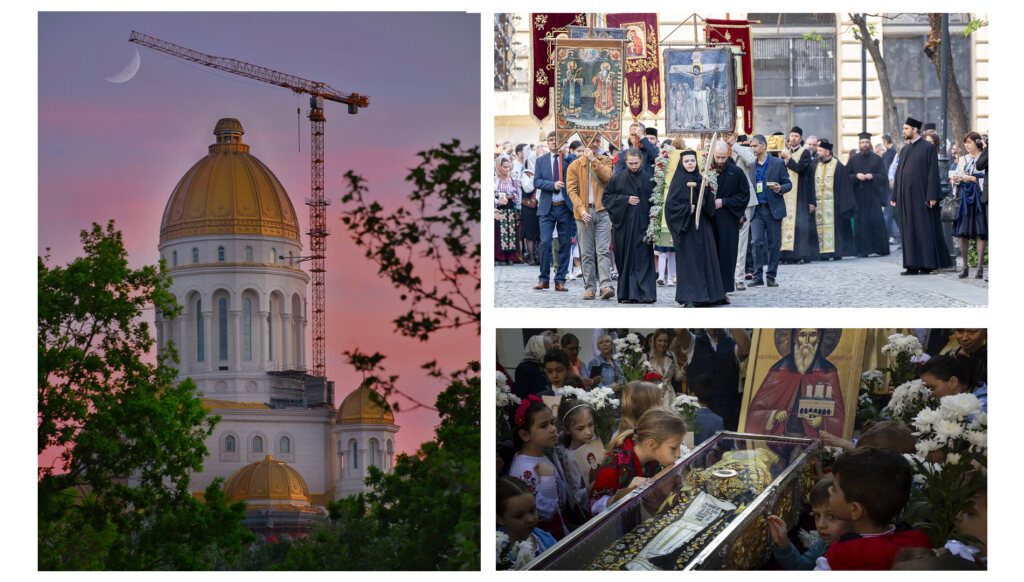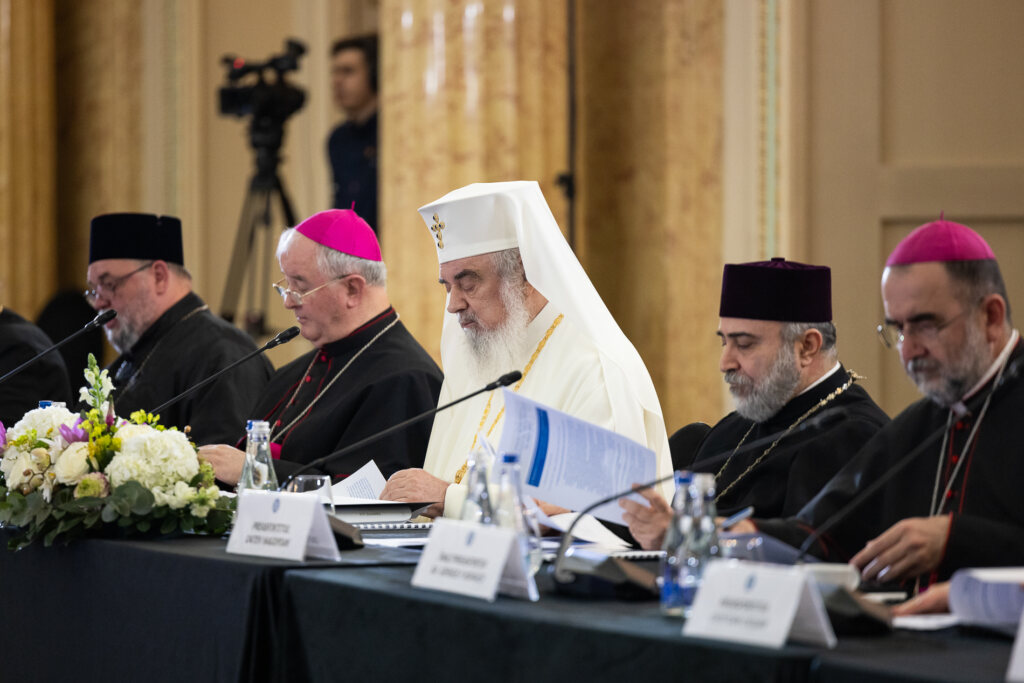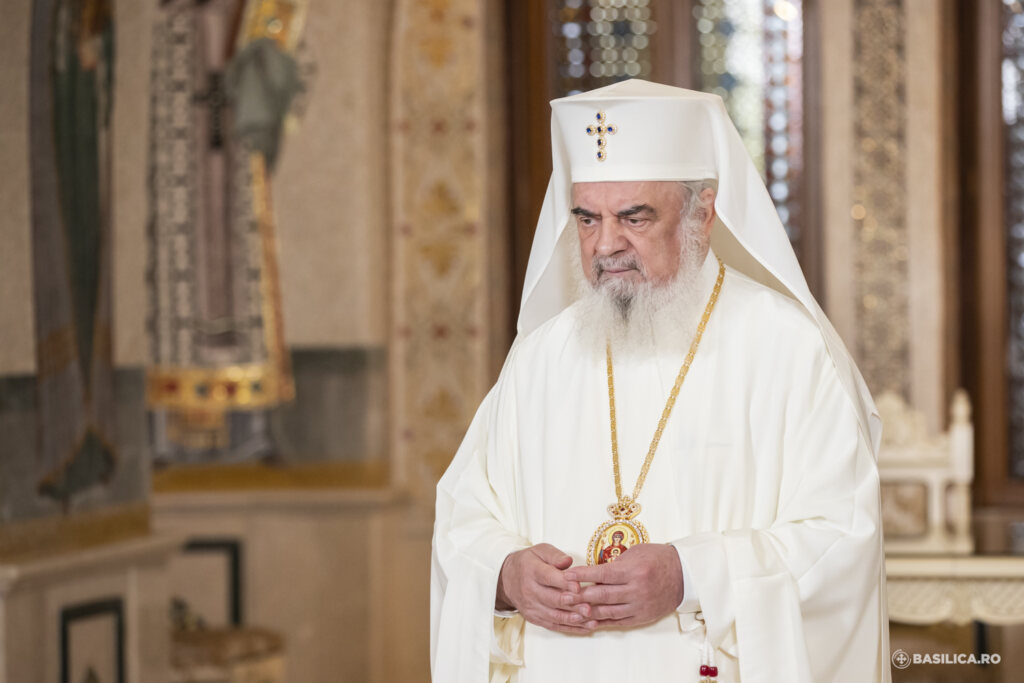According to the law promulgated by president Klaus Iohannis on April 3, schools are required life and health education programs, including sex education classes, at least once per semester.
The Romanian Patriarchate has advocated for the optional character of the classes, calling for the school curricula related to them to be elaborated according to moral values.
In this regard, on March 13, 2020, the Romanian Patriarchate sent addresses regarding the Legislative Proposal for amending and supplementing Law no. 272/2004 on the protection and promotion of children’s rights, to the President of Romania, the Prime Minister and the Minister of Education and Research, with the arguments listed below.
The Romanian Constitution stipulates: “Parents or legal tutors have the right to ensure, in accordance with their own convictions, the education of the minor children whose responsibility devolves on them.” (art. 29, paragraph 6); also, “Freedom of thought, opinion, and religious beliefs shall not be restricted in any form whatsoever. No one shall be compelled to embrace an opinion or religion contrary to his convictions” (art. 29, para. 1). Therefore, there is no objective reason for the State to impose an ideological model in the education of children, beyond the agreement and beliefs of parents.
Further, the law no. 272/2004 provides that, “the child’s parents have with priority the right to choose the type of education to be given to their children” (article 51, paragraph 2).
According to the National Education Law no. 1/2011, “education and professional training of children, young people and adults have as main purpose the forming of skills, understood as a multifunctional and transferable set of knowledge, skills/abilities and aptitudes, necessary for personal fulfilment and development, by achieving their objectives in life, according to the interests and aspirations of everyone and the desire to learn throughout life” (art. 4); Therefore, the finality is not the connection of students’ minds to invariably harmful ideologies, a fact constantly proven in the contemporary history of humankind.
According to art. 65, para. 4 and 5 of the National Education Law no. 1/2011, “The framework plans and school programs for the disciplines/fields of study, respectively the compulsory training modules in pre-university education are elaborated by the competent institutions and bodies of the Ministry of Education, Research, Youth and Sports and are approved by order of the minister of education, research, youth and sport. The curriculum at the decision of the school consists both of optional course packages offered at national, regional and local level, as well as of optional course packages offered at the level of the educational unit. After consulting the students, the parents and based on the available resources, the board of directors of the educational unit establishes the curriculum at the decision of the school.” Therefore, the Framework Plans and school curricula are elaborated by the Ministry of Education and Research, not by a law adopted by the Romanian Parliament.
In terms of the formal school curriculum, educational responsibilities can only be assigned to teaching staff, certified in this regard.
We consider that the compulsory inclusion of students in sex education programs is an attack on the innocence of children, preventing their natural development and marking them for life. In this regard, several studies conducted in different countries have shown that such an approach to children’s education has resulted in the beginning of sexual life earlier, with the necessary consequences, without any social improvement.
For example, the analysis entitled Re-examining the evidence: School-based Comprehensive Sex Education in the United States, conducted in 2019 by the Institute for Research and Evaluation in the United States, an independent organization with over 25 years of experience in evaluating programs of this type, show that sex education programs in public schools are not effective. Some have even led to increased pregnancy rates in adolescence, reduced age of sexual onset, and risky sexual behaviours. The research concludes that such programs are “sexual indoctrination” rather than “education”.
In some EU countries, sex education is organized during other school courses (Austria, Greece, Ireland, Latvia, Portugal, Slovakia, Spain) while in other countries, as a separate not compulsory subject (Bulgaria, Cyprus, Denmark, Finland, Italy, Lithuania, Poland).
In Romania, the study of specific topics for education for life and health is carried out within the compulsory school discipline Counselling and personal development, which has already one hour/week allocated in the Framework Plan for secondary education. Also, in the Romanian public education system, there are already optional courses, offered at a national level, which address aspects of education for life: Health education; Get ready for life; Education for life and community; Adolescence and self-knowledge; First the character.
In our country, numerous and representative associations in civil society have expressed concern about the effects of sex education on children. These associations presented their position publicly and proposed alternative solutions, in which the emphasis is placed on family education.
We believe that the preparation for intimate and family life must be left primarily to the family who can correctly and objectively assess the stage of psycho-physical, intellectual and emotional development of the child.
Aware of the importance of educating young people to meet the challenges of today’s society, we believe that the identity and life of the human person are not exhausted in exclusively biological or socio-cultural reality.
Life also has a spiritual dimension, ignored in secularized contemporary society, which has lost the sacred meaning of human life. The Church has always attached great importance to the spiritual growth of man, who is called to eternal life in the love of God. Therefore, it is relevant to capitalize on the formative specificity of religious education, which contributes to cultivating a living and confessing awareness of the eternal value of the human person, promoting its dignity in the family and society and reducing the adverse effects of the contemporary crisis of identity and orientation.
Press Office of the Romanian Patriarchate
Follow us on Twitter: @BasilicaNews






